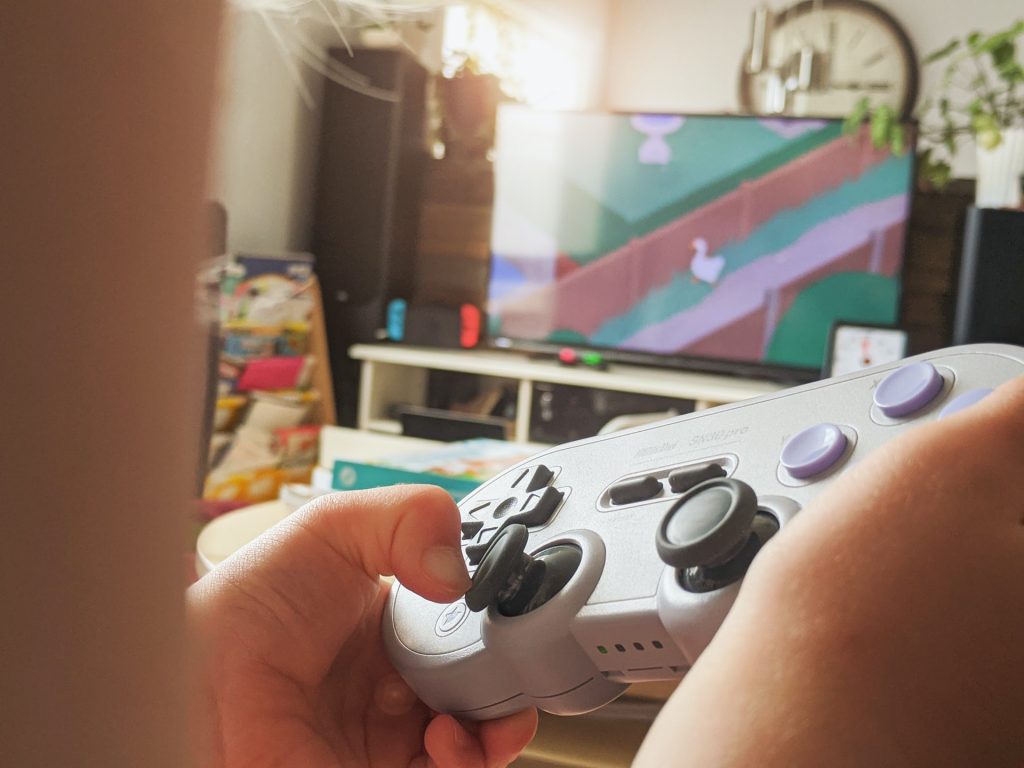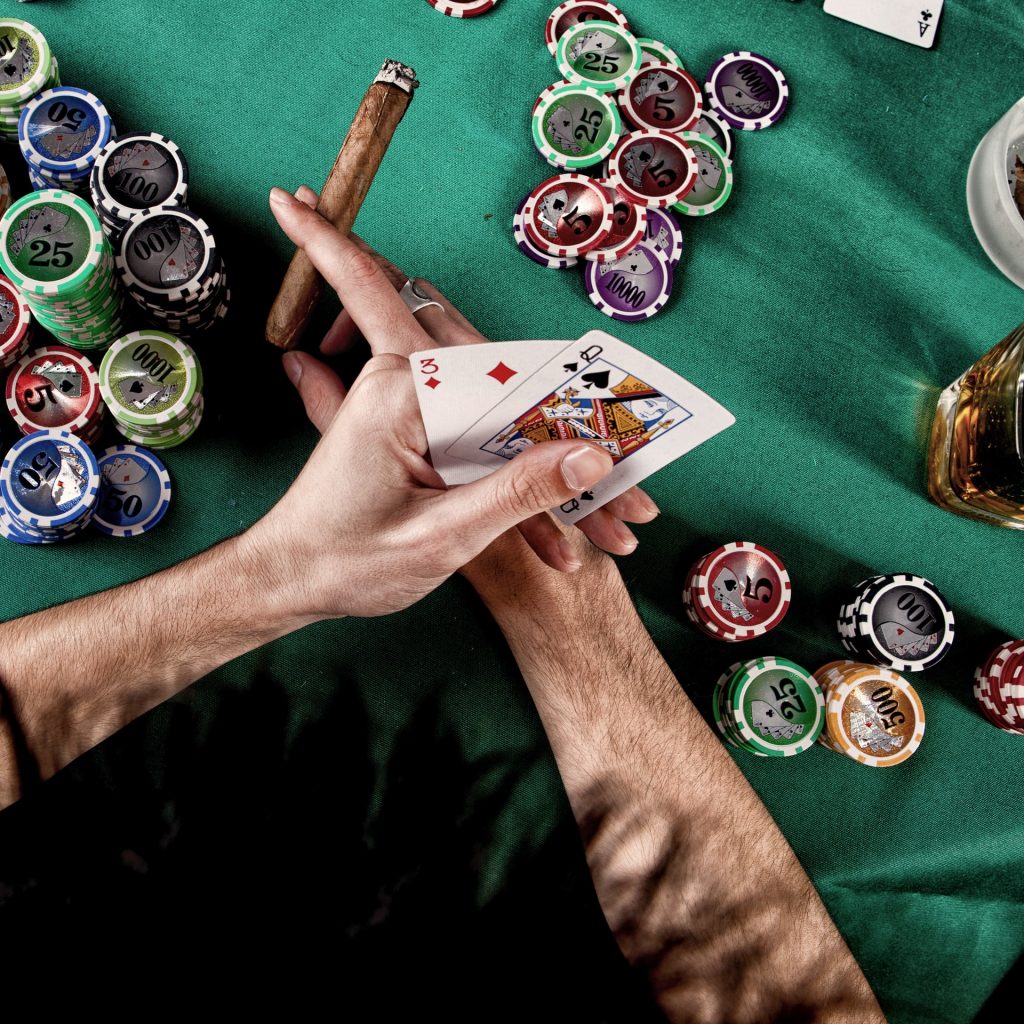Addiction and Brain Neuroplasticity
I use this technique and get massive results.
What does this mean?
Until recently, very little was known about how the brain can turn off the desire for addictions and how the subconscious mind can stop addictive urges.
Addictions centre around alterations in the brain’s mesolimbic dopamine pathway, also known as the reward circuit, which begins in the ventral tegmental area (VTA) above the brain stem.
We know that the brain is constantly changing. The neuroplasticity of the brain allows focused treatment to create new neural connections. Without treatment the brain uses neural pathways to trigger emotions, needs, pleasure and cravings, which feed the addiction. Treatment changes those responses by rewiring of the neural pathways and the subconscious mind, thereby bringing an entirely different reaction.
Consequently, when exposed to any of the old triggers, the brain doesn’t automatically respond in the old way because it now responds in a stronger and healthier manner. The very thing that used to cause cravings and relapse, now actually reinforces the commitment to overcome the addictive behaviour.

What we know now!
Based on what we now know about the brain, the neuroplasticity and the biology of belief, you can begin to approach addiction and recovery from a new perspective. Using newly discovered and clinically accepted methodologies, the mind and behaviour modification techniques work to retrain and recondition at the core unconscious level. The brain is actually a supple, malleable organ, as ready to unlearn as it is to learn, capable of transforming vicious circles into virtuous circles of resetting and repairing its internal communications. Far more than once dreamed possible, the brain can, if not always, cure/heal itself.
Neuro-Restructuring Techniques work.At Harley Street Addiction Specialist we have the correct tools and methods to help stop the addictive patterns in the brain and the body. These tools and processes are proven, researched and powerful.

